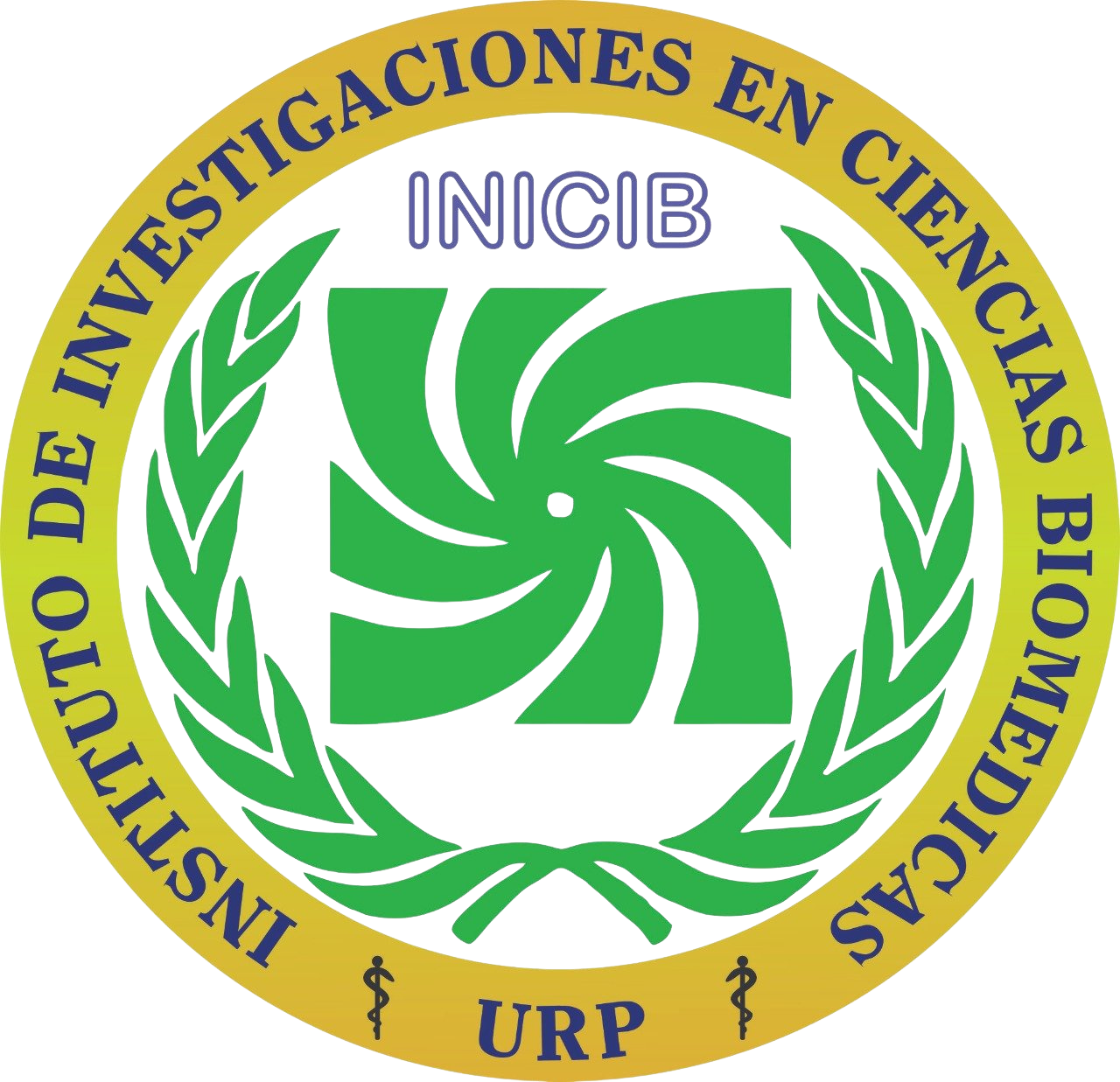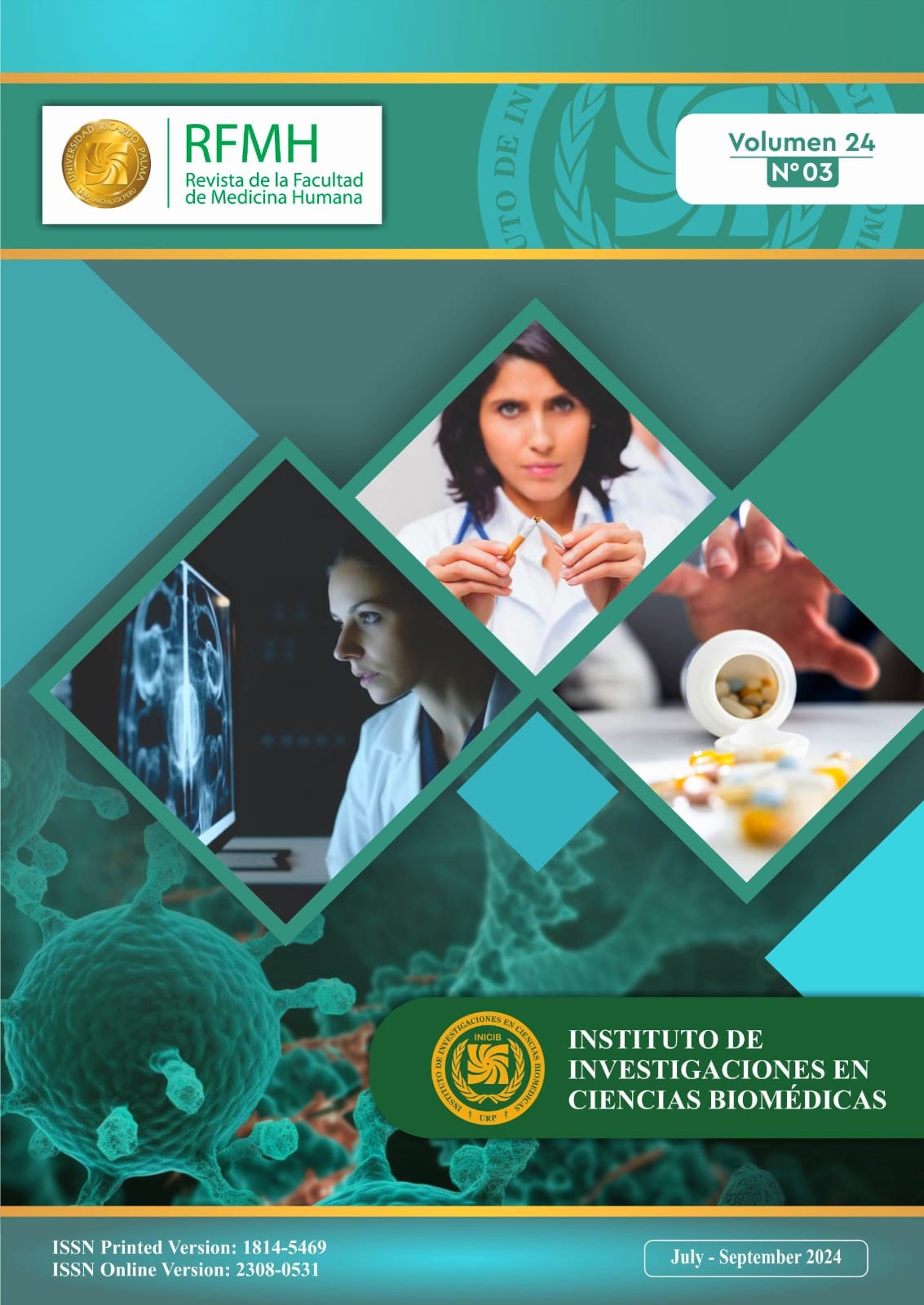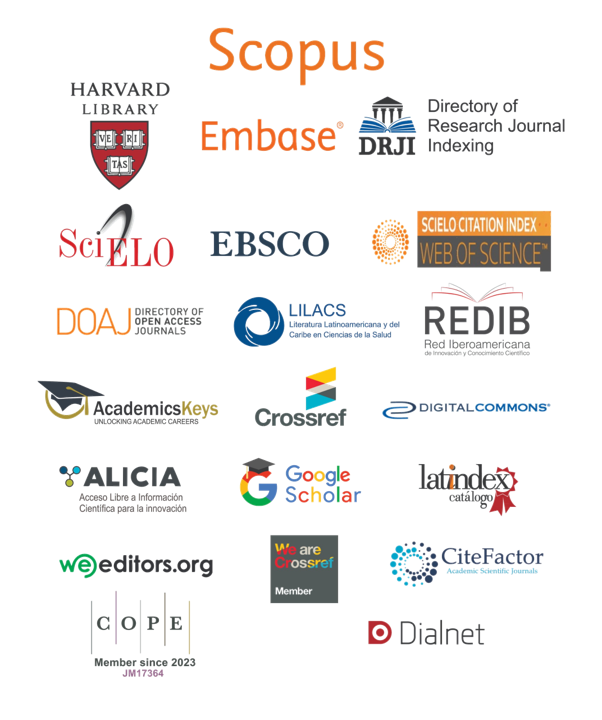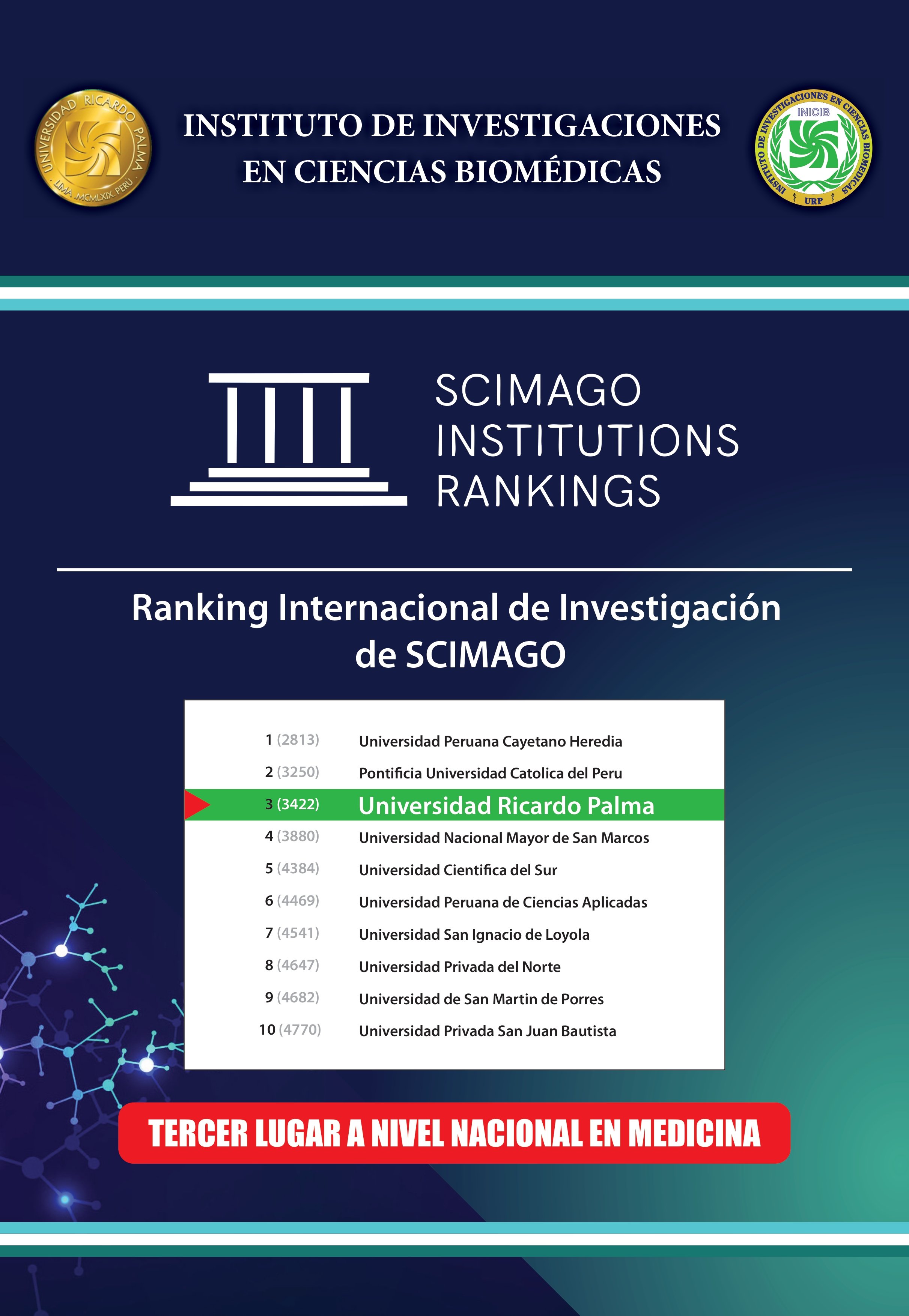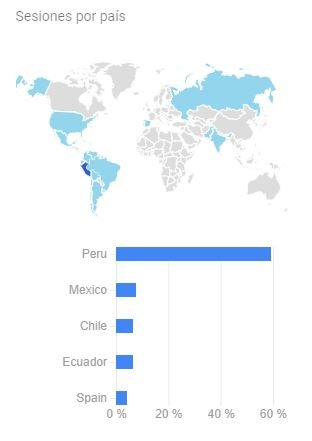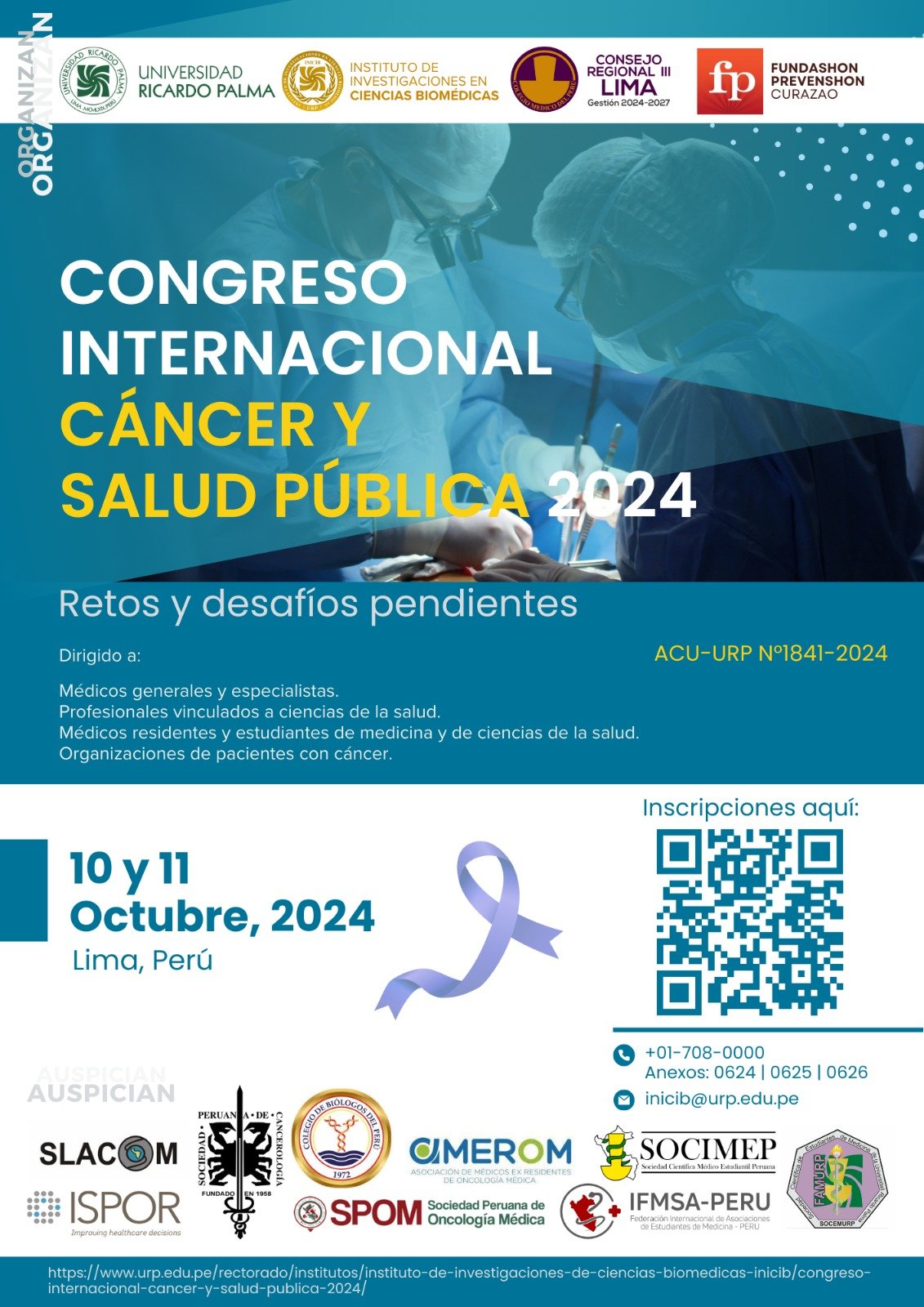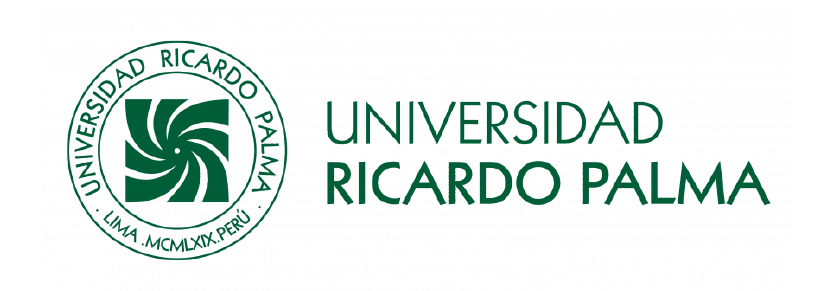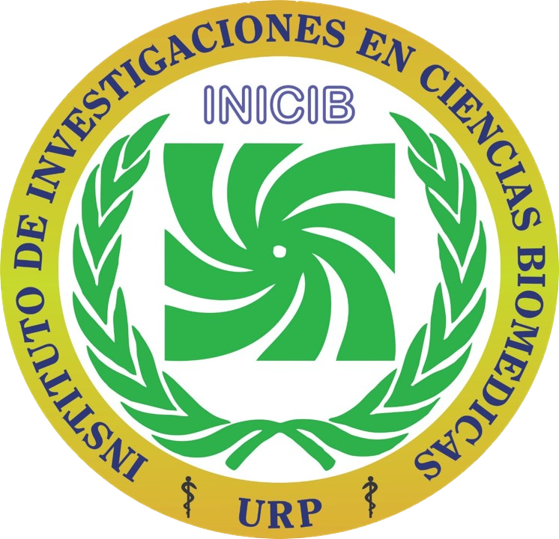Participatory Communication Strategies, Basic Sanitation and Public Health of the People of Paucartambo-Cusco
Estrategias de Comunicación Participativa, Saneamiento Básico y la Salud Pública de los Pobladores de Paucartambo-Cusco
DOI:
https://doi.org/10.25176/RFMH.v20i4.3191Keywords:
Participatory communication strategies, Basic Sanitation, Public Drainage Network, public healthAbstract
Objectives: To analyze the influence that the application of participatory communication strategies has on the adequate use of basic sanitation services and its impact on the public health of the residents of communities in Paucartambo. Explore the political and cultural dimensions immersed in the communication processes between populations and health promoters of the study communities. Analyze the intervention processes in the field of health communication. Methods: The type of research is qualitative and observational, with a cross-sectional design based on unstructured interviews and in-depth interviews. Data from the National Population and Housing Censuses 2017, 2007 - National Institute of Statistics and Informatics were used. (INEI) - PERU. Results: In-depth interviews, as well as direct observation, result in the fact that although efforts have been made to improve the situation of basic sanitation through the installation of a public sewage network, and other forms such as latrines and septic tanks In addition to being insufficient, they were not used properly, because participatory communication strategies were not applied from the diagnostic stage to the final evaluation, even more so due to the permanent lack of monitoring and surveillance activities, which have a very decisive role in the quality of life and therefore in public health Conclusion: The communication strategies most used by institutions that have the role of promoting the adequate use of basic sanitation services such as public sewage networks have been of a vertical nature such as those talks, radio, the use of pictures, precisely for this reason, adequate knowledge, attitudes and practices were not generated s for their use and conservation, a situation that had negative impacts on public and environmental health.
Downloads

Downloads
Published
How to Cite
Issue
Section
License
Copyright (c) 2020 Revista de la Facultad de Medicina Humana

This work is licensed under a Creative Commons Attribution 4.0 International License.


